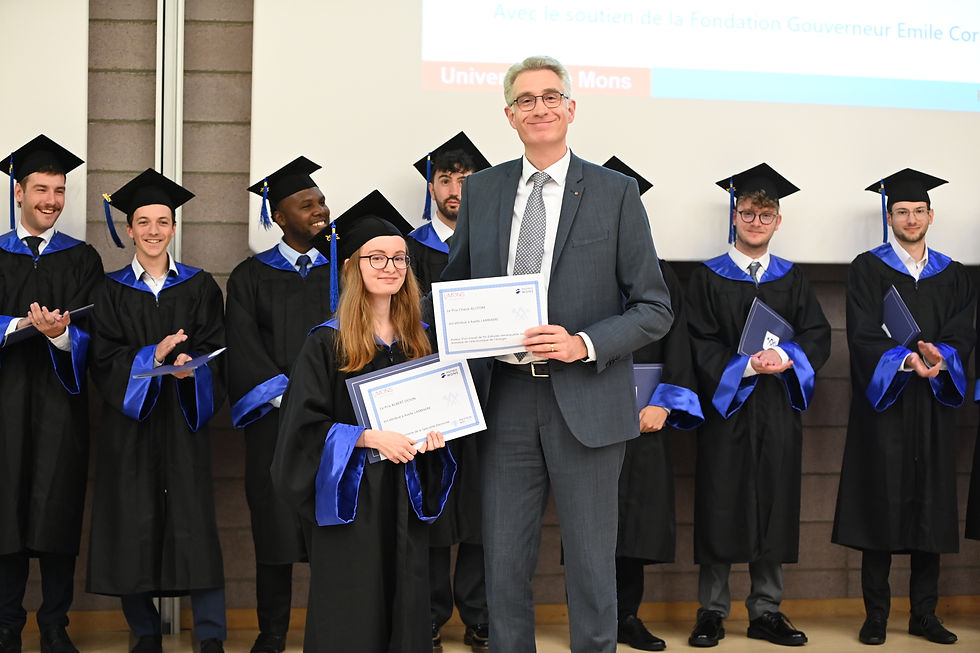PhD thesis public defence, Martin HUPEZ
- 10 févr. 2022
- 3 min de lecture

Thesis abstract:
Climate change, resource depletion, pollution; the human activity of our modern and technological society has become a major source of nuisance for the rest of the planet. Humanity has a limited remaining ”natural” budget to change its societal project significantly enough before consequences go out of its hands. Using that budget as efficiently as possible calls for sensible optimization and planning to ease the shift towards a more sober and sustainable project. Energy use is by far the most important contributor to these adverse observations. As it is directly correlated with economic growth, it has never ceased growing. The largest energy consumer is the electricity sector. The sector is facing boiling topics such as the ever-expanding liberalization finding in the electron new types of merchandise and the development and implementation of distributed energy resources, most notably distributed solar and wind-powered generation, and individual storage. To prevent the energy transition from being reduced to a pure product of economic profit that shifts pollution to areas benefiting from less spotlight, the objectives, and modalities of electricity consumption should be redefined. In that context, energy communities have gained much attention from the economic, political, and scientific worlds recently. Such collectives gather groups of prosumers, i.e., proactive consumers, to act towards a common objective. Many visions are concurring for their practical implementations, from simple replicas of wholesale markets and associations of profit-seeking individuals to form large enough market players to investment settings allowing lucrative business plans.
This thesis aims at proposing an alternative definition of energy communities that leverage prosumer empowerment and mutualization of excess resources to optimize a truer reflection of electricity consumption cost. In such responsible communities, the sharing of a common infrastructure, i.e., the power grid, is also acknowledged. Non-linear network costs are thus defined, and the individual electrical loads are aggregated to evaluate the incurred costs. In addition, the members pool and share their excess energy resources, namely the photovoltaic generation and the available storage space in their batteries, for free. In particular, several collaborative scenarios of day-ahead energy consumption scheduling are designed. These scenarios use the temporal flexibility consented by prosumers and the sharing of electrical resources to define the consumption schedule that will lead to optimized global costs. Several billings are defined, each promoting different behaviors and meeting different definitions of fairness. They are studied under the angle of game theory. Nash equilibrium games are formulated, and billings are designed, some of them using concepts of coalitional game theory. Results are obtained based on benchmarks assuming residential prosumers, equipped with combinations of time flexible appliances such as electric vehicles and heat pumps, individual generation (solar panels), and battery storage systems. They show that such coordinated energy consumption scheduling is essential to prevent power consumption peaks and the related increased prices. Besides, some billings lead to undifferentiated prices, whereas other billings reward the time flexibility consented by individuals by either considering the actual mobilized flexibility or the pledged flexibility. Billing solutions assigning a proportion of the daily total cost of the whole community are computed using the framework of convex optimization. Billings distributing costs on another basis were computed by formulating suitable variational inequalities. All billing solutions are conveniently solved using distributed algorithms. Moreover, several options for coordinated investments and intraday settlement of energy exchanges are proposed to offer a complete solution of responsible energy communities.




